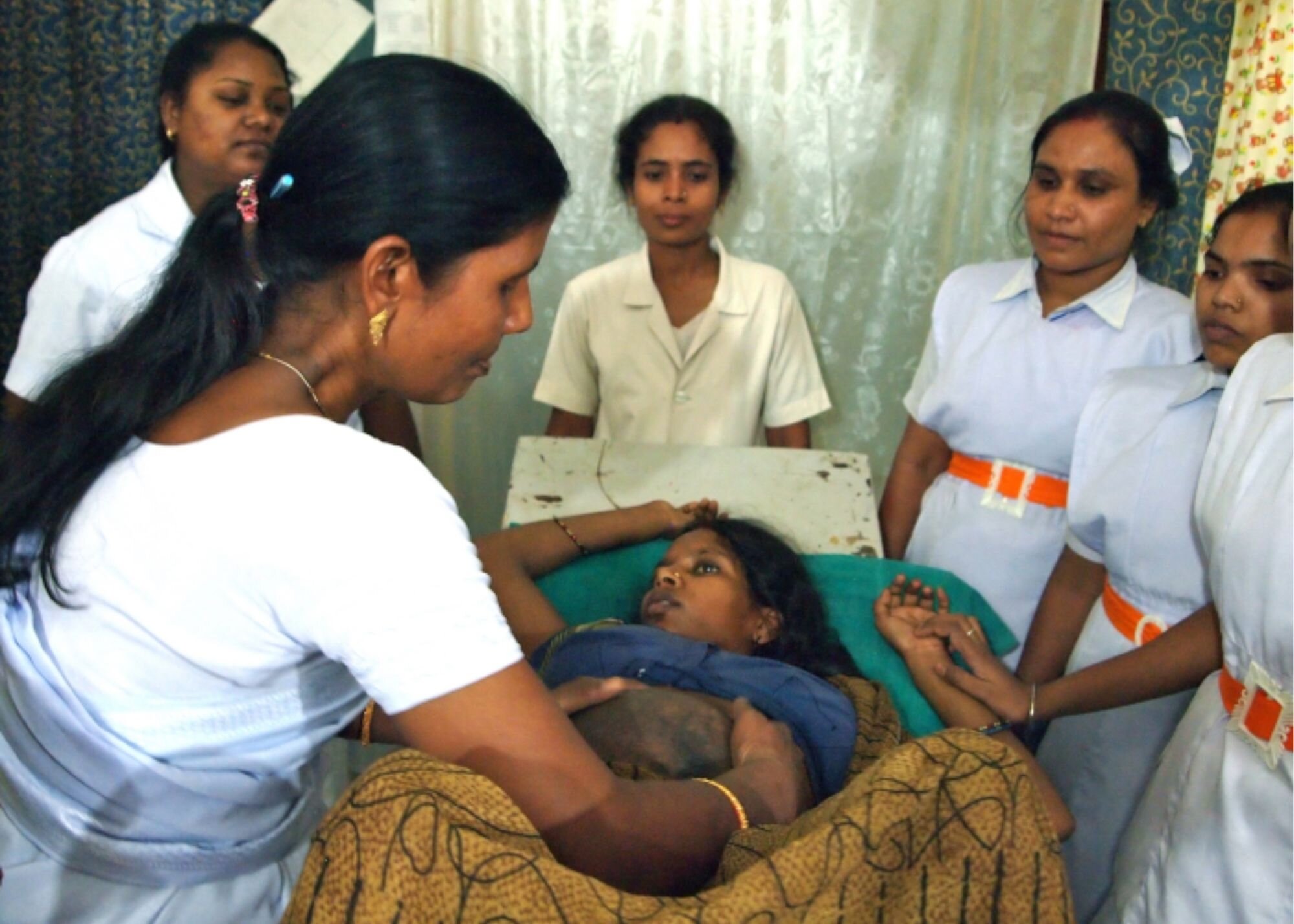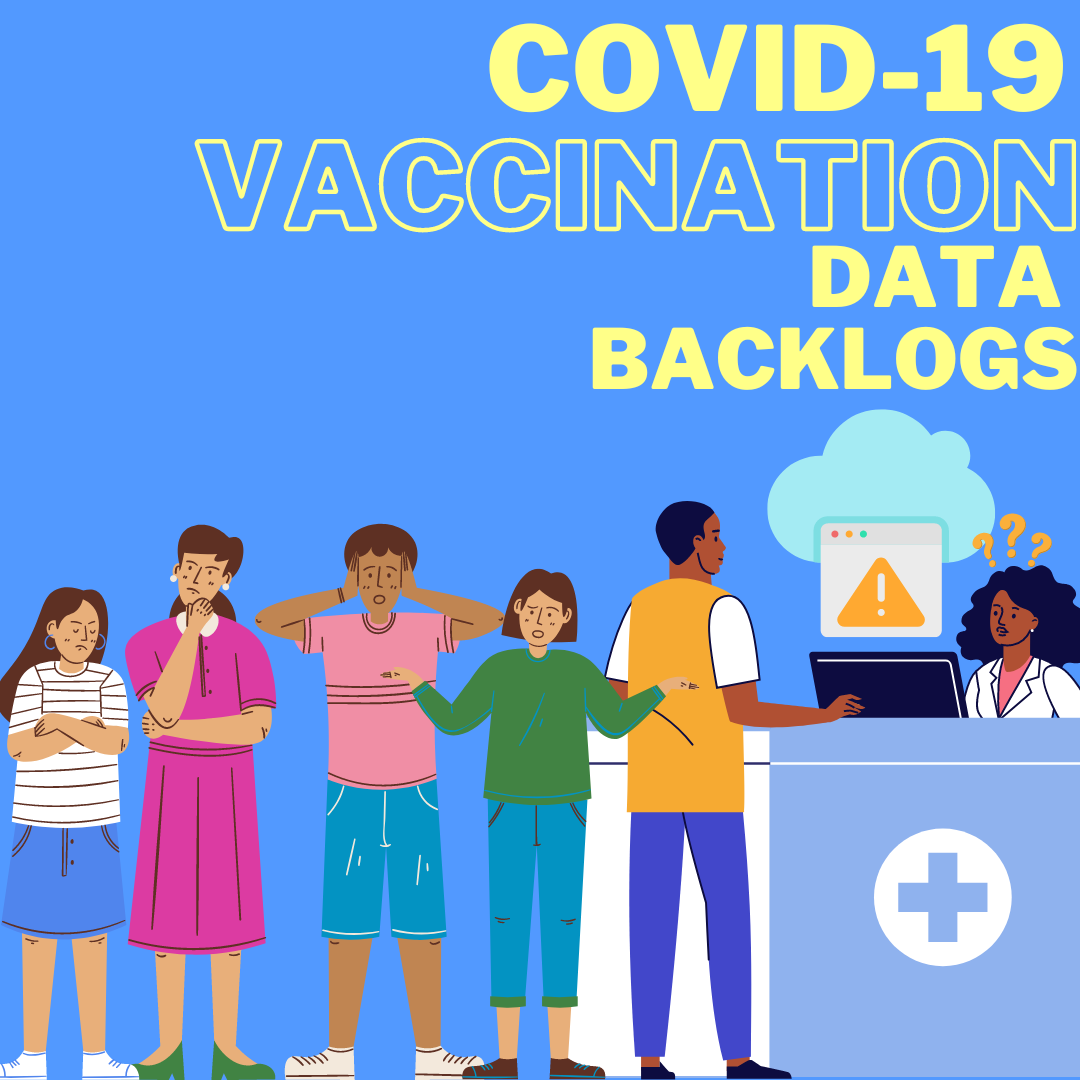Original Research: Qualitative
M&IHC has extensive experience leading the development of in-person and remote qualitative research projects, including designing research protocols. Our protocols have supported research in over ten countries: Cameroon, Côte d'Ivoire, El Salvador, Guatemala, India, Laos, Madagascar, Nigeria, Tanzania, and Uganda. This includes creating over 17 protocols across multiple of PSI’s global departments.
DISC - Provider & Consumer Research in Uganda & Nigeria
M&IHC has collaborated on multiple streams of programmatic research in support of PSI’s DISC project. Our aim is to leverage best practices to improve the scale-up and use of Depot-medroxyprogesterone acetate (DMPA-SC) (Sayana® Press) in Uganda and Nigeria. To do so, M&IHC first executed a global literature review on emerging best practices in the training and follow-up for the self-injectable contraceptive, as well as the overall demand. The review included both published and grey literature, as well as conducting key informant interviews with local reproductive health experts.
M&IHC then collaboratively developed 4 DMPA-SC qualitative research protocols designed to understand the motivations and barriers of consumers and health care providers regarding injectable contraception. With approval from PSI’s Research Ethics Board, the Ugandan Institutional Review Board (IRB), and the Nigerian IRB, the 4 research projects were executed. M&IHC provided technical assistance with the training of recruiters, phone recruitment of participants, and the interview execution process. Next, we led the comprehensive coding and analysis of 144 in-depth consumer interview transcripts from Uganda and Nigeria and wrote research reports.
M&IHC participated in the DISC design learning team with PSI and Busara. Today, we are supporting the implementation of ongoing programmatic research, including co-designing multiple quantitative DMPA-SC research streams in both Nigeria and Uganda.
Image Source: Gabe Bienczycki from PATH
COVID-19 & Healthcare Solutions in Pakistan
M&IHC and PSI conducted qualitative research in Pakistan aimed at identifying the drivers and barriers of provision and utilization of essential healthcare services, including Reproductive, Maternal, Newborn, Child Health, and Nutrition services, during the COVID-19 pandemic. M&IHC’s team reviewed and revised PSI’s codebook and coded 64 in-depth interview transcripts from married women, and community leaders residing in Sindh, Punjab, Khyber Pakhtunkhwa, and Balochistan provinces. After identifying emerging themes, M&IHC developed narratives for bite-size communication materials. Additionally, we created a report that synthesized findings from the data and formed recommendations for materially feasible and appropriate solutions for local contexts; these solutions promote the protection of the most vulnerable. Meanwhile, PSI colleagues in Pakistan reviewed healthcare worker data and followed a similar analysis process. There is a publication pending on this World Bank funded research.
Image Source: Hindustan Times
Asynchronous Focus Group on Sexual & Reproductive Health Stigma in West Africa
M&IHC designed and managed the implementation of qualitative communications research aimed at understanding how to improve sexual and reproductive health (SRH) attitudes in West Africa. M&IHC utilized asynchronous online focus group discussions to identify themes and literary devices used in stories and communications material that shifted attitudes and decreased stigma.
As the Principal Investigator on this research project, M&IHC led the development of a French-language research protocol, obtained ethical approvals, managed a local recruitment company to recruit study participants via phone, programmed and administered a re-recruitment survey via SurveyCTO, facilitated an online focus group discussion, and translated all the de-identified data into English.
Additionally, our research team conducted the qualitative analysis of the focus group discussion’s transcripts, which were used to develop a codebook with inductive and deductive codes. Finally, the researchers collaborated in writing a report summarizing key findings to inform a digital campaign and future SRH stigma research.
Reproductive Health in Guatemala & El Salvador
M&IHC partnered with PSI to conduct an exploratory qualitative research project in Guatemala and El Salvador that aimed to understand young women’s knowledge, attitudes, and practices regarding reproductive health and contraceptive methods, with an emphasis on intrauterine devices (IUDs) and implants. M&IHC’s team designed the study protocol and managed a Spanish and English IRB approval process. We then led the field efforts to recruit females ages 15-24 as participants, conducted focus group discussions and in-depth interviews, and transcribed and coded the data using NVivo, while maintaining ongoing communication and check-ins with PSI.
M&IHC’s research team created a report that synthesized findings from the data analysis stage and formed sound recommendations for program interventions. M&IHC facilitated a one-hour presentation to PSI’s Evidence and Latin American teams highlighting major findings and offering recommendations for leveraging this research to design the next three years of family planning programs in Guatemala, El Salvador, and Nicaragua.
Family Planning in India
M&IHC led the development of a study protocol for conducting marketing and research aimed at exploring trends in the usage of Dynamic Optimal Timing (Dot), a Smartphone app that uses fertility awareness as a pregnancy prevention method. This study protocol supported the Expanding Effective Contraceptive Options (EECO) project led by WCG Cares and funded by USAID/Washington.
This research protocol was designed to first identify messaging and marketing strategies to effectively communicate to potential users the benefits of adopting Dot as a method of family planning. The research protocol leveraged marketing techniques for recruitment, then explored current Dot usage trends and user profiles through utilizing both qualitative and quantitative data collection tools. M&IHC worked with the EECO team to design and create the data collection mechanisms for Dot’s first global research by following three stages of organizational feedback, including receiving feedback from USAID and approval from PSI’s Research Ethics Board.
Root Cause Analysis of COVID-19 Vaccination Data Backlogs in Kenya, Senegal, & Tanzania
Due to data reporting backlogs, frontline healthcare workers did not have a complete set of data in order to follow up in regards to booster doses in the COVID-19 vaccine series. In order to determine the root cause of the data backlog of COVID-19 vaccinations in Kenya, Senegal, and Tanzania, PATH performed a Root Cause Analysis (RCA). M&IHC supported PATH’s RCA in a number of ways. This collaboration included collecting, cleaning, and coding data in Dedoose; creating a preliminary report; and developing a messaging framework and content for a vaccine hesitancy program. We engaged in meetings with PATH’s internal team and attended donor calls with the Bill & Melinda Gates Foundation. Finally, we synthesized the aforementioned data and summarized it into a final report: “Multi-Country CN-18 COVID-19 Vaccination Data Backlog Root Cause Analysis: Kenya, Senegal, Tanzania”.







